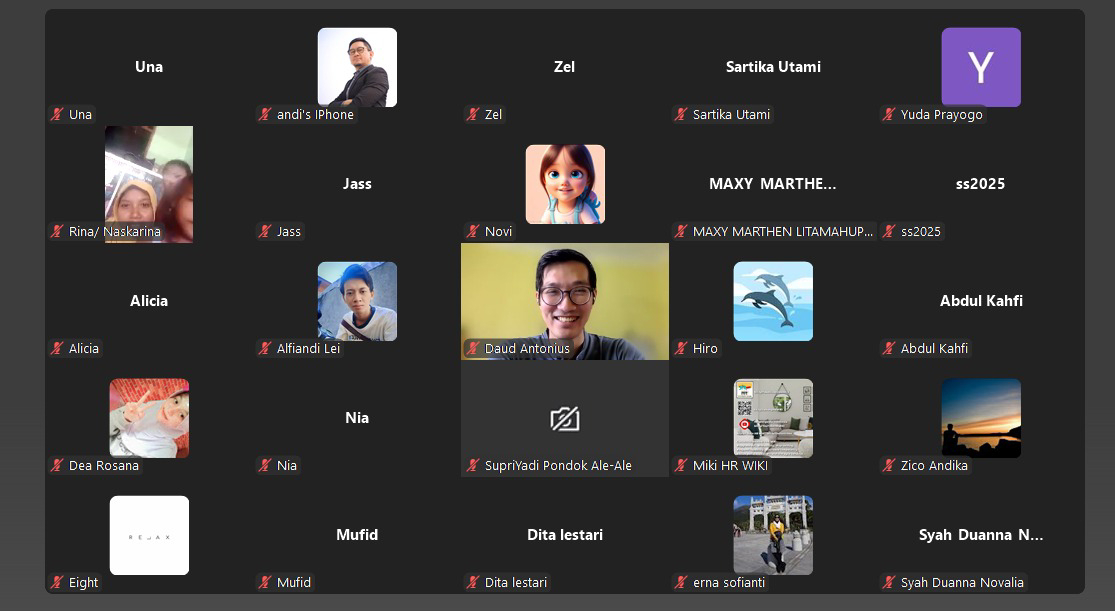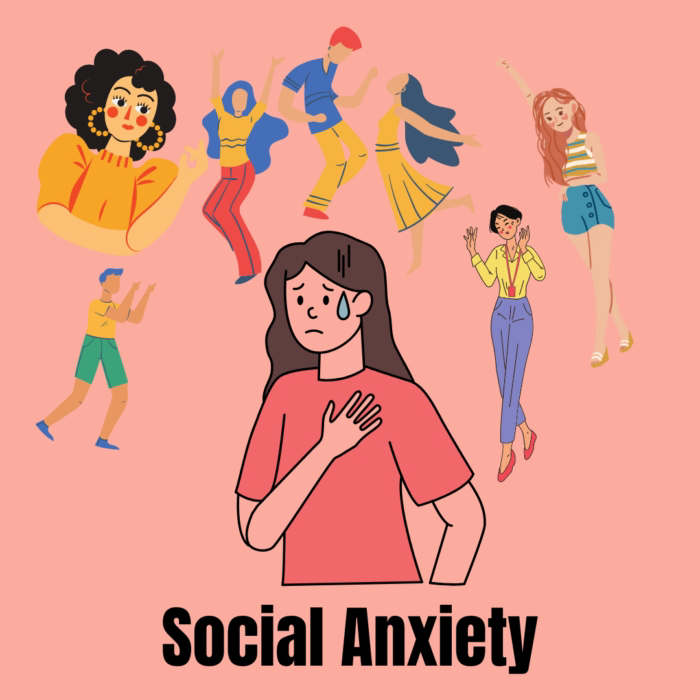Success is often not just about talent or luck, but also about the right attitude. Developing a strong and positive mentality is an essential foundation for facing challenges and achieving goals. Here are some attitudes that one needs to develop to achieve success:
1. Proactive and Responsible
Successful people don't wait for things to happen to them; they make them happen. They take initiative, seek out opportunities, and take full responsibility for their actions and outcomes. This means not blaming others or circumstances when facing setbacks, but instead focusing on what can be done to improve.
2. Positive Thinking and Optimism
A positive attitude helps one see opportunities amidst difficulties and bounce back from failure. Optimism doesn't mean ignoring reality, but choosing to focus on solutions and the potential for success. Believing that challenges can be overcome is key to staying motivated.
3. Perseverance and Resilience
The road to success is rarely smooth. There will be obstacles, failures, and rejections. Perseverance means not giving up easily and continuing to try even when it's difficult. Resilience is the ability to bounce back after setbacks, learn from mistakes, and move forward with renewed vigor.
4. Open to Learning and Adaptation
The world is constantly changing, and successful people understand the importance of lifelong learning. They are open to new ideas, willing to admit when they don't know, and willing to adapt their approach when necessary. A strong sense of curiosity and a desire for continuous self-improvement are valuable assets.
5. Self-Discipline
Self-discipline is the ability to do what needs to be done, even when you don't feel like it. It involves goal setting, effective time management, and consistency in action. Without discipline, great ideas and good intentions will struggle to materialize.
6. Solution-Oriented
When faced with a problem, successful people don't just dwell on it but actively seek solutions. They think creatively, analyze the situation, and take concrete steps to overcome the challenge.
7. Have a Clear Vision
Having a clear picture of what you want to achieve provides direction and motivation. A strong vision helps someone stay focused on long-term goals, even in the face of short-term distractions or temptations.
8. Adaptability and Flexibility
Plans may need to change, and unexpected situations will arise. Successful people are able to adapt to change, don't get stuck in one way, and are willing to try new approaches if the old ones don't work.
Developing these attitudes takes time and effort. It's an ongoing process, but investing in self-development will pave the way for greater success in many aspects of life.
Now, The question "Is success difficult?" can be answered yes or no—depending on the definition of success, the initial conditions, and how to achieve it.
1. If "success" = Wealth, Position, or Popularity
Difficult: because there are many competitors, it requires strategy, consistency, and special skills.
But not impossible: if you focus, learn from failure, and have mental resilience.
2. If "success" = Happiness, Peace, or Being Yourself
Difficult: because we are often influenced by social expectations, compare ourselves, or struggle with self-acceptance.
But more simply: if you are true to your values, learn to be grateful, and don't get caught up in other people's standards.
3. Factors That Make Success Feel Difficult:
✅Perfectionism – feeling inadequate despite your efforts.
✅Fear of failure – even though failure is often a stepping stone.
✅Lack of clear direction – without knowing what you're looking for, everything feels confusing.
✅ An unsupportive environment – including family, friends, or the surrounding culture.
💡 Important Note:
Sometimes what makes success seem difficult is because:
We only see other people's results, not their struggles.
Closing sentence:
Success does require struggle, but that doesn't mean it's impossible. The most important thing is: know your goal, be consistent, and don't be afraid of failure. It doesn't matter how slow it is, the important thing is to keep going.



















